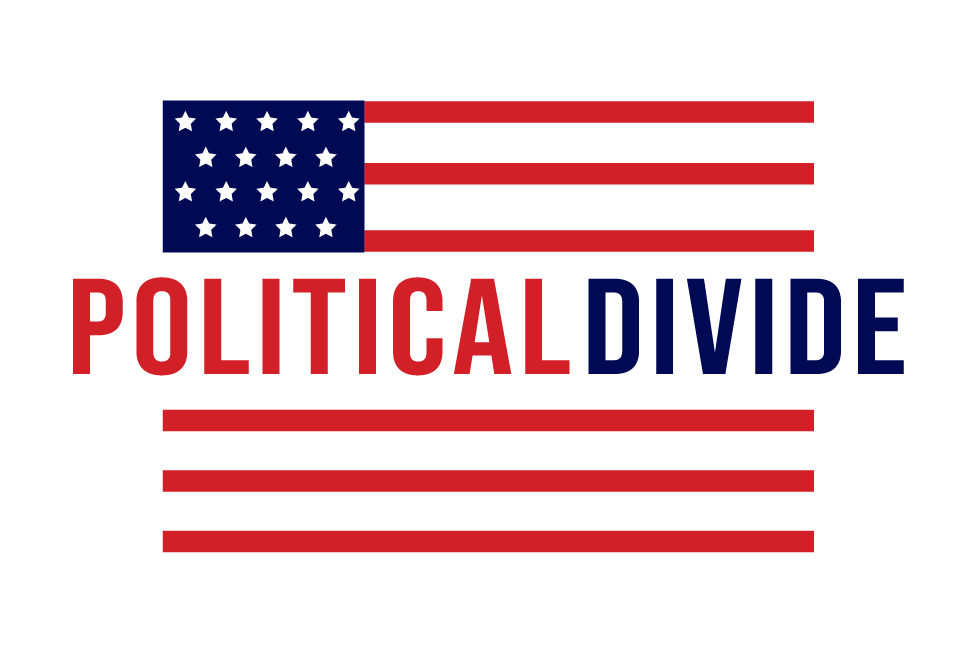
The Delicate Balance
The debate surrounding the NSA’s collection of phone metadata revolves around the delicate balance between safeguarding national security and respecting citizens’ right to privacy. The collection of basic metadata, such as numbers dialed, call durations, and timestamps, is a practice that has stirred concerns about the potential intrusion into individuals’ private lives.
National Security Imperative:
Proponents argue that the collection of phone metadata is crucial for national security efforts. Analyzing patterns and connections through this data can provide valuable insights into potential threats, aiding in the prevention of terrorist activities and other security risks. Supporters contend that such measures are necessary in an era where rapid communication is central to both lawful and unlawful activities.
Privacy Concerns:
Critics, however, emphasize the potential infringement on individual privacy rights. Collecting metadata on citizens’ phone calls raises questions about the extent to which government agencies should be allowed to delve into personal communications without explicit consent. Concerns center around the protection of civil liberties and the potential for abuse or misuse of collected data.
Legal Framework and Oversight:
The discussion also involves evaluating the legal framework and oversight mechanisms governing the NSA’s activities. Advocates for metadata collection assert that strict legal safeguards and oversight mechanisms are in place to prevent unauthorized access and misuse of the data. Critics counter with concerns about the adequacy of these safeguards and the need for transparency in the process.
Balancing Act: Striking a Middle Ground:
Striking a balance between national security imperatives and individual privacy is a complex task. Some argue for a recalibration of the current system, advocating for increased transparency, accountability, and stricter limitations on the scope and duration of metadata retention. Others contend that the existing framework strikes an appropriate balance, given the evolving nature of modern security threats.
Weighing the Trade-offs
As the debate continues, the fundamental question remains: Should the NSA be allowed to collect basic metadata of citizens’ phone calls? Navigating this intricate terrain necessitates a thoughtful examination of the trade-offs between security and privacy, with an emphasis on transparency, oversight, and respect for constitutional rights. As technology and security challenges persist, the conversation around this issue remains essential for shaping policies that align with both national interests and individual freedoms.
